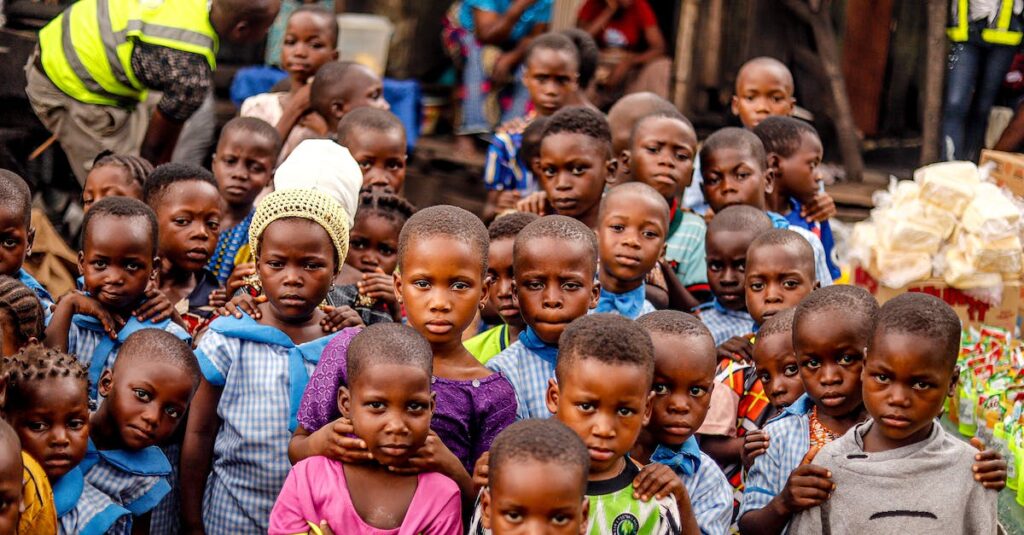Schistosomiasis transmission, a neglected tropical disease caused by parasitic blood flukes, has long been a public health concern in specific regions of India. However, a promising shift is underway as communities take the lead in spearheading initiatives to eliminate this debilitating disease.
Community-Led Awareness Campaigns
Communities in India are actively engaging in comprehensive awareness campaigns. These initiatives focus on educating members about the importance of clean water and sanitation practices to curb schistosomiasis transmission. Simple yet impactful measures, such as avoiding contact with infested water bodies, are becoming ingrained in community consciousness. By fostering an understanding of disease transmission and prevention, communities are becoming proactive agents in safeguarding their health.
Mapping High-Risk Areas
Local communities are at the forefront of identifying and mapping high-risk areas for schistosomiasis transmission. This grassroots approach ensures targeted interventions and optimal resource allocation. Community members, with their intimate knowledge of the local landscape, provide invaluable insights that aid health authorities in crafting precise and effective strategies to combat the disease.
Active Participation in Mass Drug Administration (MDA)
Communities actively participate in Mass Drug Administration campaigns, a key strategy in the fight against schistosomiasis. By involving community health workers, entire at-risk populations receive antiparasitic medications, contributing significantly to controlling the spread of the disease. This approach not only ensures the success of MDA initiatives but also empowers communities by actively involving them in the decision-making and implementation processes.
Advocacy for Clean Water and Sanitation
Access to clean water and improved sanitation facilities is fundamental in the battle against schistosomiasis. Communities are advocating for and actively participating in the development of water and sanitation infrastructure. By doing so, they contribute to creating environments less conducive to the transmission of the parasite. This advocacy ensures that preventive measures are sustainable and aligned with the specific needs of each community.
CONCLUSION
In conclusion, communities in India have assumed a central role in efforts to eliminate schistosomiasis. Through awareness campaigns, mapping initiatives, active participation in the Mass Drug Administration, and advocacy for clean water and sanitation, communities are driving transformative change. This collaborative approach, with communities at its core, is proving instrumental in reshaping the narrative of disease control. The ongoing efforts led by communities in India signify a powerful force in the campaign to eliminate schistosomiasis and improve public health outcomes.
Click here to know more about “Fungal Skin Function: How to treat them?”

